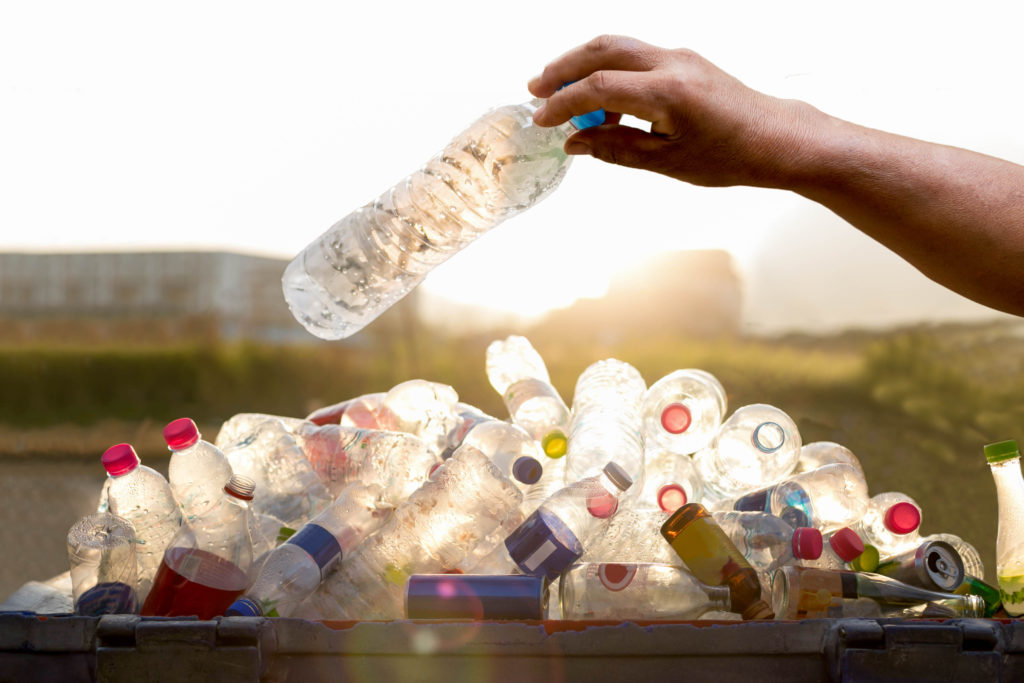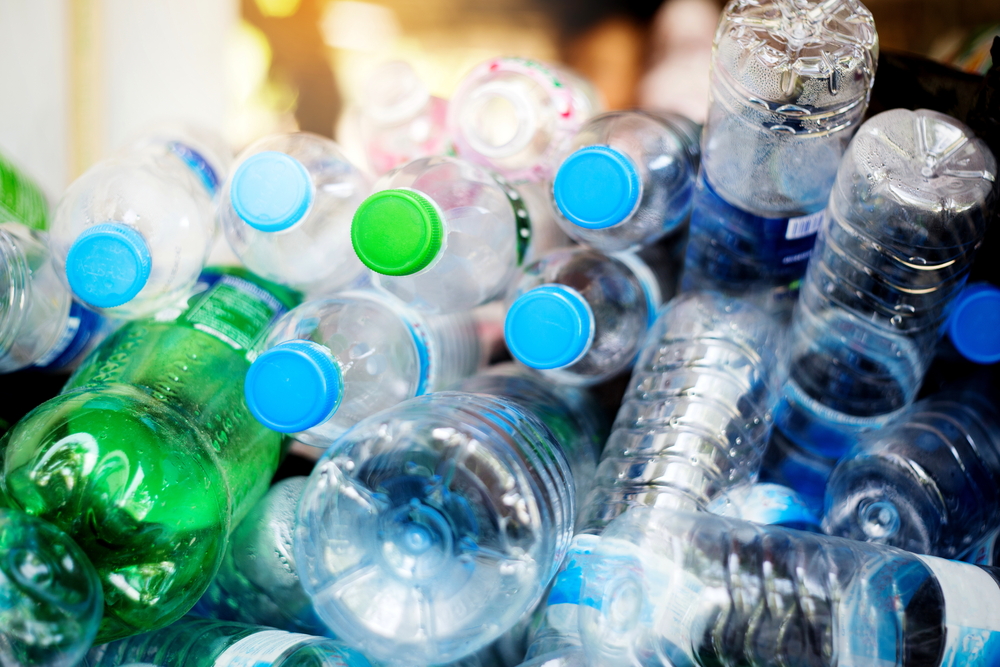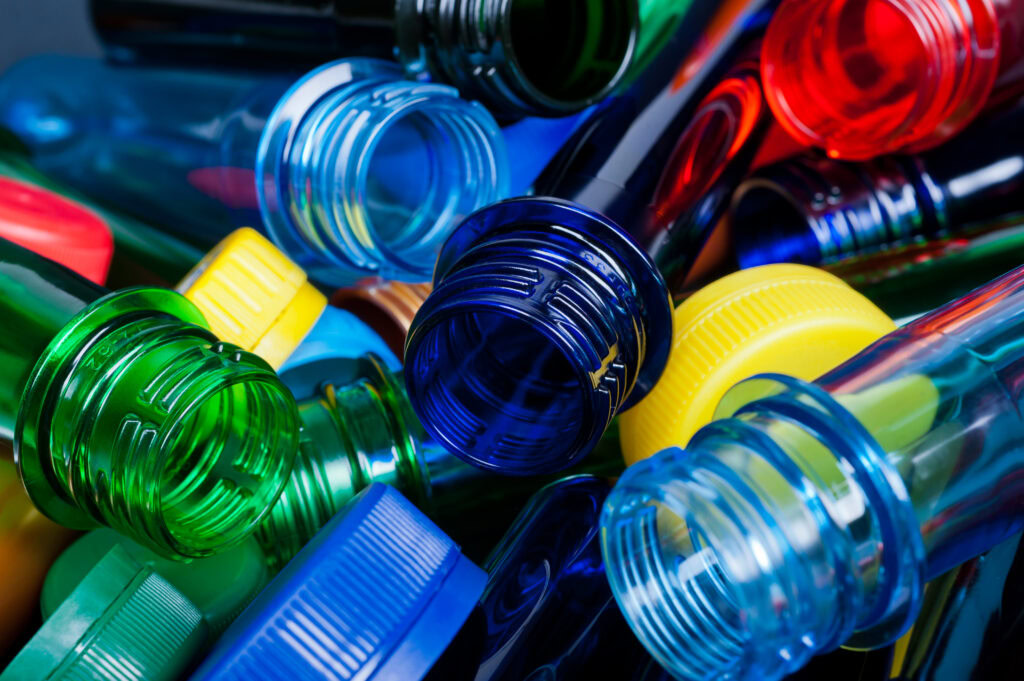Under European waste shipping regulations, nearly all shipments of waste plastics to India are “illegal” and exporters could face prosecution. The regulations cover all household, commercial and industrial plastics, except uncontaminated polyethylene terephthalate (PET) which is subject to 'green list' controls.
Brian Taylor, regulatory officer for the Agency, told letsrecycle.com: “Exports of waste plastics to India for recycling, with the exception of polyethylene terephthalate, are controlled under the Waste Shipments Regulation's red-list procedure.”
” The Agency is gathering information on illegal plastic waste exports “
– Brian Taylor, of the Environment Agency
He added: “A TFS Notification would need to be made and the written consent of all countries involved would be required. I understand that no such applications have been made to the Agency.”
According to HM Customs and Excise, 5,728 tonnes of scrap plastic were exported to India from the UK in 2002, including 2,312 tonnes described as polyethylene and 3,417 tonnes of other polymers. The tonnages for 2003 have not been confirmed but are thought to be higher.
Nigel Homer, technical advisor on hazardous waste for the Agency, confirmed that no plastics during 2002 or 2003 had been exported to India using 'red controls' and therefore all these shipments were illegal.
The Agency is currently working with Customs and Excise and the Transfrontier Shipment (TFS) National Service to investigate cases of waste plastics shipments to India.
Mr Taylor said: “The Agency is gathering information on illegal plastic waste exports made during 2002/03 and formal investigations with a view to enforcement action are underway.”
Unaware
Mr Taylor said that the Agency realises that exporters have been unaware of the shipping rules, assuming that plastics and other wastes listed as 'green' materials for OECD countries are safe to transport elsewhere. In fact, individual classification lists for waste materials exist for each country outside the OECD.
Last year, the Environment Agency published guidelines for transfrontier shipment of waste following an investigation into the shipping of mixed recyclables to Malaysia, although no action was deemed necessary in this case. (see letsrecycle.com story).
Despite the new guidelines, Mr Homer said that illegal shipments of plastics waste seem to be continuing. “From the work we are doing, it appears that the export of waste plastics to India has not stopped. HMCE are able to flag up shipments and we are currently working with HMCE to reduce the number illegal exports of waste,” he said.
Precautions
Andrew Simmons of plastic bottle recycling promotional organisation Recoup, commented that some plastics exporters seeking information on shipping rules have encountered difficulties in getting a consistent message from the different authorities involved. “There should be more done to highlight what the precautions need to be taken by businesses,” he said.
He added: “It is a global market and material should be traded on a global level but businesses must make sure they comply with the rules of shipment.”
For guidance on the transport of waste contact the TFS National Service on 0161 973 2237 until February 2, 2004 or after
TFS National Service,
PO Box 12, Richard Fairclough House,
Knutsford Road,
Warrington,
Cheshire
WA4 1HG
Tel 01925 653999 fax 01925 542105
e-mail nattfs@environment-agency.gov.uk










Subscribe for free